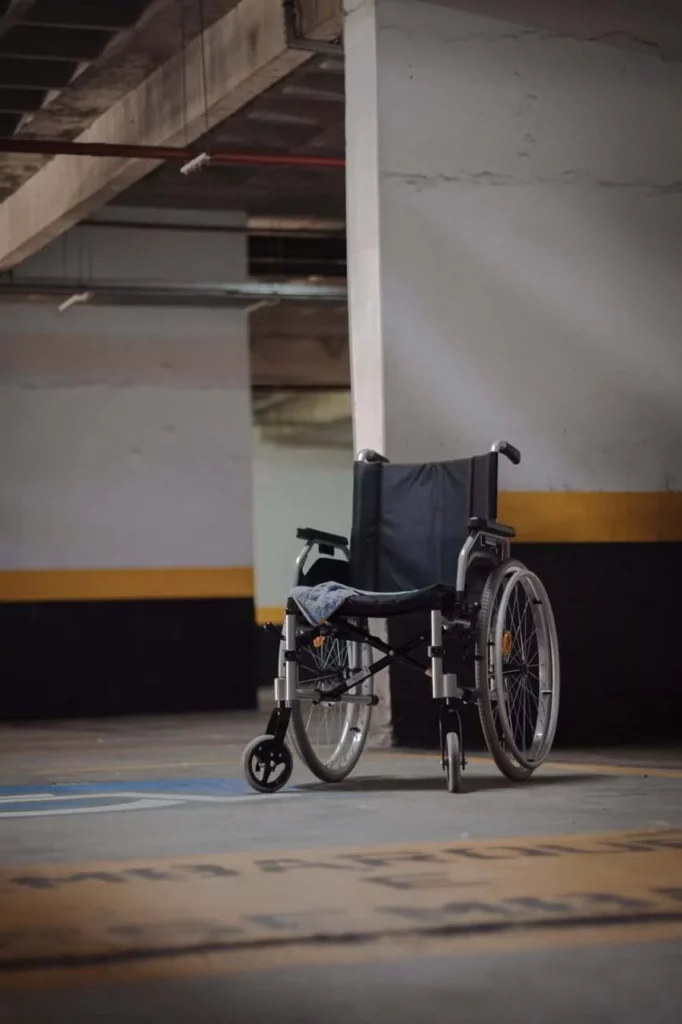Dispelling Myths Surrounding Social Security Disability in Cape Coral

Navigating the intricacies of Social Security Disability (SSD) can be daunting, especially for individuals in Cape Coral facing physical or mental impairments that prevent them from working. Unfortunately, misconceptions about SSD benefits often abound, leading to confusion and uncertainty among those who may be eligible for assistance. By dispelling common myths surrounding SSD in Cape Coral, we aim to provide clarity and empower individuals to pursue the support they rightfully deserve.
One prevalent misconception is that SSD benefits are easily obtainable without meeting stringent eligibility criteria. In reality, the Social Security Administration (SSA) has specific requirements that applicants must satisfy to qualify for benefits. These criteria include demonstrating a severe and long-lasting medical condition that prevents substantial gainful activity (SGA) and meets the SSA’s definition of disability. Additionally, applicants must have a work history and sufficient work credits to qualify for SSD benefits.
Another misconception is that individuals with temporary disabilities or short-term illnesses can qualify for SSD benefits. SSD is intended to provide assistance to individuals with severe, long-term disabilities that are expected to last at least one year or result in death. Temporary or short-term impairments typically do not meet the SSA’s criteria for disability benefits. However, individuals experiencing temporary disabilities may be eligible for other forms of assistance, such as workers’ compensation or short-term disability insurance.
Furthermore, some individuals believe that applying for SSD benefits guarantees approval on the first attempt. In reality, the SSD application process can be complex and lengthy, with a significant number of initial applications being denied. It’s essential to understand that denial does not necessarily mean ineligibility for benefits. Many applicants must navigate the appeals process, which may involve requesting reconsideration, attending a hearing before an administrative law judge, and, if necessary, pursuing further appeals through the Appeals Council and federal court.
Additionally, there is a misconception that individuals receiving SSD benefits are not permitted to work at all. While SSD is intended for individuals unable to engage in substantial gainful activity (SGA) due to their disabilities, the SSA recognizes that some individuals may be able to work part-time or engage in work-related activities within certain limitations. The SSA offers various work incentives and support programs, such as the Ticket to Work program and trial work periods, to facilitate the transition back to employment for those capable of doing so.
Lastly, there is a misconception that hiring an attorney is unnecessary or prohibitively expensive when applying for SSD benefits. In reality, seeking legal representation from an experienced SSD attorney can significantly improve the likelihood of a successful outcome and streamline the application or appeals process. Most SSD attorneys work on a contingency fee basis, meaning they only collect fees if they secure benefits on behalf of their clients. Additionally, legal representation can help navigate the complexities of SSD law, gather supporting evidence, and present a compelling case to the SSA.
Conclusion
Understanding the facts and dispelling common myths surrounding Social Security Disability in Cape Coral is crucial for individuals navigating the application process. By recognizing the eligibility criteria, acknowledging the potential challenges, and seeking appropriate legal guidance, individuals can increase their chances of securing the benefits they rightfully deserve. If you or a loved one is considering applying for SSD benefits, don’t let misconceptions stand in the way of seeking the support and assistance you need.

 Call Us Today - It's Free
Call Us Today - It's Free